Who is responsible for handling disputes between an association and a member?
- The management of an association is in the hands of an executive committee. The executive committee is responsible for the administration and rules of an association under the Associations Incorporation Act 1964 (the Act).
- Consumer, Building and Occupational Services (CBOS) does not offer legal advice or get involved in disputes between an incorporated association and members.
Can Consumer, Building and Occupational Services investigate or get involved in disputes?
CBOS does not have the authority under the Act to investigate or get involved in any of the following matters:
- disputes relating to a breach of the association's rules
- disputes between a member and another member or a member and the association
- disputes relating to the mishandling of funds. Report these issues to Tasmania Police
- disputes involving the conduct of a general meeting or the election process for committee members.
New whistleblower rights and protections
From 1 July 2019 the whistleblower protection provisions in the Corporations Act applies to a trading or a financial corporation.
This includes the following incorporated organisation (whether they have been formed for a not-for-profit, charitable, or community benefit purpose):
- incorporated associations
- co-operatives
- incorporated organisations registered with the Australian Charities and Not-for-profits Commission (ACNC) as charities, and
- bodies corporate owned privately or by state or territory governments.
Further information on whistleblower protection is available at the ASIC website:
- Whistleblower protections for not-for-profit organisations
- Information Sheet 238 Whistleblower rights and protections
- Information Sheet 239 How ASIC handles whistleblower reports
When can CBOS get involved?
Complaints that relate to a breach of the provision of the Act. These may include:
- failure by the association to ensure proper account and other record keeping (section 23a) in order to prepare true and fair accounts of the associations to be submitted with the annual return.
- failure to appoint a public officer or to change details of a public officer (section 14)
- failure to lodge rule changes (section 18)
Reports of suspected breaches
Send written reports of suspected breaches of the Associations Incorporation Act 1964 to CBOS and include:
- the name of the association and its incorporation number.
- the names of the persons suspected of wrongdoing.
- full details of the misconduct including the actions, dates and places in sequential order.
- if known, the provisions of the Act that is relevant.
- evidence such as letters, minutes or any other relevant documentation.
- the names and addresses of the persons who may have witnessed or have information about the suspected breach or activity.
- reference to any other authority involved such as Tasmania Police. Include documents relating to a person convicted of a breach of the Act.
What should I do if I have a dispute?
- If a dispute arises between a member and an association, you should attempt to resolve the dispute between the parties. Use the dispute resolution mechanism within the rules adopted by the association.
- Use section 34 of the model rules if the association's rules do not include dispute resolution.
- If the association's rules do not include a dispute resolution, section 34 of the model rule provides for disputes.
- Get independent legal advice or use professional mediation if the matter remains unresolved.
- Get free legal advice from the Legal Aid Commission on 1300 366 611.
This page has been produced and published by the Consumer Building and Occupational Services Division of the Department of Justice. Although every care has been taken in production, no responsibility is accepted for the accuracy, completeness, or relevance to the user's purpose of the information. Those using it for whatever purpose are advised to verify it with the relevant government department, local government body or other source and to obtain any appropriate professional advice. The Crown, its officers, employees and agents do not accept liability however arising, including liability for negligence, for any loss resulting from the use of or reliance upon the information and/or reliance on its availability at any time.
